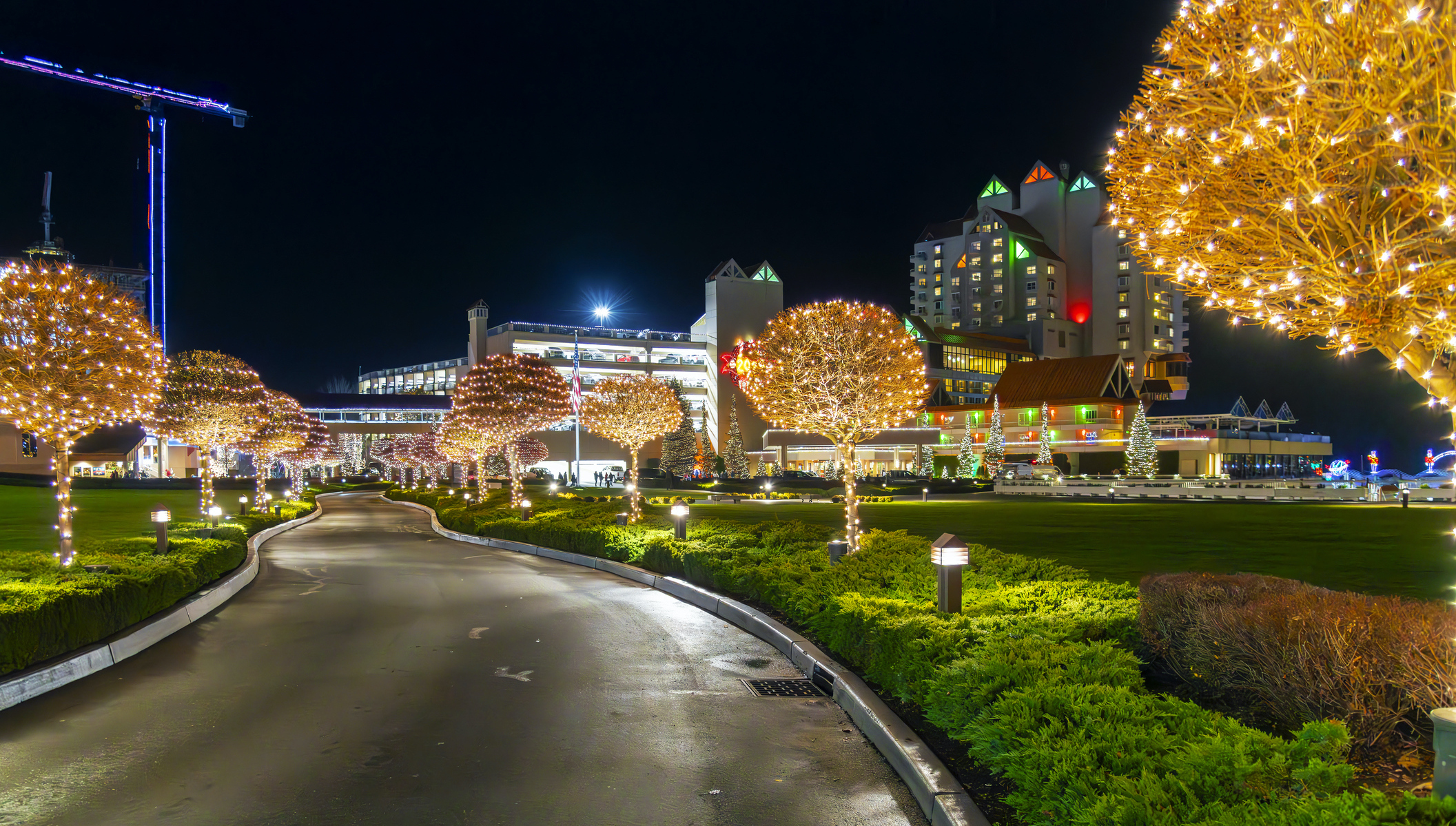Nurses are as diverse as the patients they treat.
But that diversity will become grayer for the next few years as more middle-age people are going into nursing as a second career.

That trend can be seen in the class that will graduate May 18 from Heartland Community College's two-year nursing program in Normal. Students graduate with an associate's degree in nursing and then may take the registered nurse licensing exam.
Non-traditional students — those who don't begin college right after high school — are the norm in Heartland's nursing program. But, in this class, none of the 40 students is a traditional student.
“I was pretty surprised when I started,” said second-year nursing student John Cook, 47, of Normal. “There was virtually no one right out of high school. I remember thinking that I'd be the oldest one in there by far and that's not the case.
“It's a huge cross-section of people with bachelor's degrees in other fields, including a lot of moms.”
Students begin clinical rotations at area hospitals and long-term care facilities during their first semester, said professor of nursing Barb McLaughlin-Olson. For every hour that they are in the classroom, in the lab and at clinical sites, they are expected to spend three hours on course work.
The nursing-as-a-second-career trend has been in place for several years, said Deb Smith, vice president and chief nursing officer of OSF St. Joseph Medical Center, Bloomington.
Some people who pursue nursing as a second career take advantage of accelerated, one-year nursing programs for people who already have a bachelor's degree, Smith said. For example, Illinois State University's Mennonite College of Nursing in Normal has an accelerated bachelor of science in nursing program.
Laurie Round, vice president of patient care services and chief nursing executive at Advocate BroMenn Medical Center in Normal, said the recession has driven some people from their original careers into nursing. Both ISU-Mennonite and Illinois Wesleyan University's School of Nursing in Bloomington reported an increase in enrollment last fall.
There is a demand for nurses because nurses work in hospitals, doctors' offices, businesses, insurance companies, long-term care facilities and churches. But second-career nurses also are drawn to the field for altruistic reasons, Smith and Round said.
“They want to do something that's meaningful,” Round said. “They want to touch peoples' lives.”
Middle-age adults going into nursing need to learn a career quickly and need to keep their energy level up.
Some middle-age adults are challenged by all the technology involved with patient care, Round and Smith said.
But the maturity and experience of second-career nurses generally makes up for any challenges.
“I love the energy, the intensity, the maturity and the decision-making skills that they bring to the field,” Round said. “These people are choosing nursing while raising a family and working at the same time and that shows perseverance, commitment and discipline.”
Second-career nurses not only come in with the experience of previous employment and raising a family. They also have social skills and because they are close in age to nurses already in the field — the average age of nurses is 47 — they fit in with other nurses quickly, Smith said.
McLaughlin-Olson said, “They can use their life experiences to help them become better nurses. Because they've lived through life's challenges, they've learned how to critically think when issues come up, and they have empathy and can relate to people having problems.”
But Smith and Round also are impressed with traditional nursing students, who graduate to enter nursing in their early 20s. They are intelligent, energetic and learn quickly, they said.
For that reason, both Round and Smith said middle-age, second-career nurses are not necessarily the new face of nursing.
“I see a great mix across generations,” Round said.
Adds Smith: “It's good to have people entering nursing with a variety of life experiences. That further enriches our profession.”





